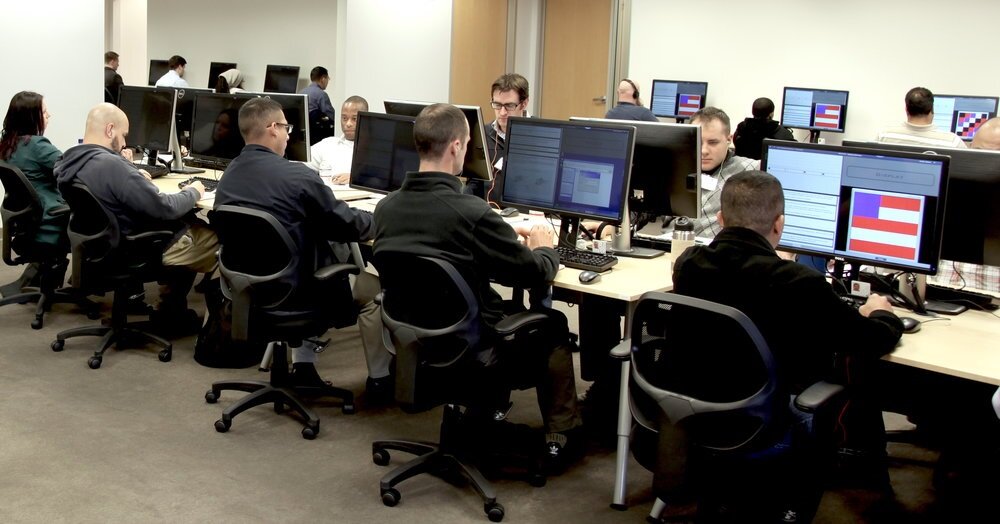OUR PROGRAMS
IT administrators design, operate and maintain computer networks, and all devices, large and small, connected to these networks.
With computer systems in our businesses and communities coming under increased scrutiny, the ramifications of administrator mistakes are clear.
Human error led to 52 percent of cybersecurity incidents in the industrial sector in 2018. The mistakes were often technical misconfigurations in the client's network or systems.
Read the Applied Risk report.
"Well run networks really do make our job hard. If you really want to protect your network, you really have to know your network."
Watch the NSA's full talk from USENIX Enigma 2016.
Creating an expert in IT requires three fundamental elements. It isn’t about lectures, projects, text books and grades.
First, becoming an expert begins with accumulating ten years of challenging work experience, where you solve the hard problems, on your own, being transformed in the process.
Second, is developing a real understanding of the hard ideas in the field, along with learning how to think critically and solve hard problems – so you have confidence you can solve any problem.
And third, the only way to acquire the experience and develop the understanding is to have an exceptional mentor at your elbow continually, not to give you answers but to challenge you, always advancing your understanding. The result is transformational.
We know how to compress ten years of experience and learning into five months, and provide every junior IT intern with their own exceptional mentor.
The graduates of this program have transitioned into hundreds of companies, in a broad spectrum of industries and industry leaders – Cisco, PayPal, Amazon, EMC, Palo Alto Networks, Booz Alan, Brocade, eBay, Microsoft, Akamai to name but a few. Many are in senior level positions, now running teams and responsible for hiring – asking for hundreds more of our experts per year.
We know what we are doing, we have the theory, data and results to back up our claims, and we deeply believe in what we are doing. There is a cost for the program, but you only contribute to our effort if you get a job and then only for a fixed period of time. So the risk is on us; we only succeed when you succeed.
Education for most of us works poorly. If you want to do something very different, if you want to start a career and not just get an entry-level job, if you want to learn to see the world the way other experts see the world, look at what we are doing. This is the way we need to prepare for the future, the way we will prepare for the future.



